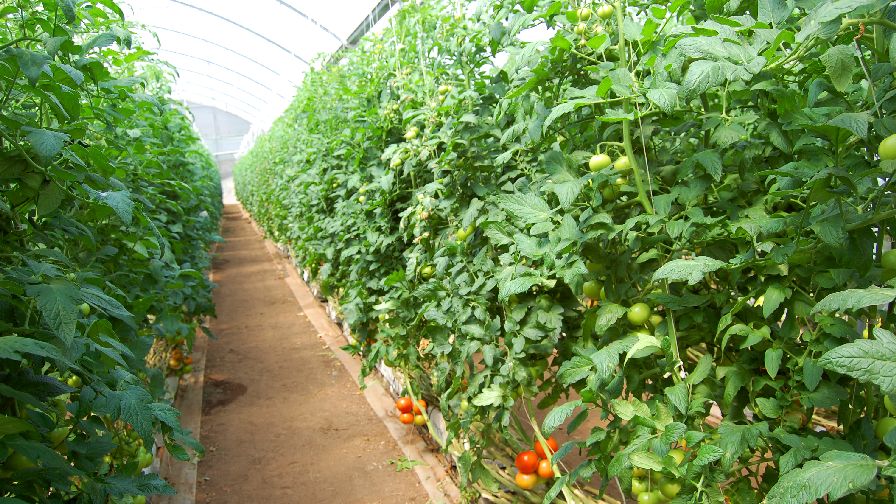Report: Major Food And Agriculture Employers Can’t Fill Vital Jobs
There’s a national shortage of young agricultural professionals, according to a report just released, which calls for industries and universities to work together to address the gap.
The report, divulged at the World Food Prize Borlaug Dialogue, includes a detailed analysis of enrollment and workforce trends in six agriculture fields: Agricultural Business and Management, Agriculture Mechanization and Engineering, Animal Sciences, Plant and Soil Science, Food Science and Technology, and other life sciences.
The STEM (Science, Technology, Engineering and Math) Food & Ag Council, the sponsor of this inaugural report, found that career opportunities in the food and agriculture industries for the next generation will be significant:
- From January to August 2014, nearly 34,000 people were hired each month.
- A quarter of workers are at the age of 55 or older, which means job opportunities will grow through workforce attrition.
- The report analysis projects a 4.9% growth in employment opportunities in the next five years, adding 33,100 new jobs in advanced agriculture fields.
University of Florida Institute of Food and Agricultural Sciences (UF/IFAS) leaders embraced the report’s findings and pledged to continue close relationships with industry leaders who help them identify the skills and training graduates need for career success.
“The report describes with specific statistics what we’ve long heard from our industry partners, that they can’t find enough qualified professionals to fill vital jobs,” said Jack Payne, UF’s senior vice president of agriculture and natural resources. “The future of Florida’s economy and its 280 agricultural commodities depend upon the quality and quantity of the next generation of leaders we produce.”
The report includes recommendations on closing the human capital gap and provides an annual snapshot of the workforce supply and demand for each of the identified programs.
Visit StemConnector.org to read the full report.









